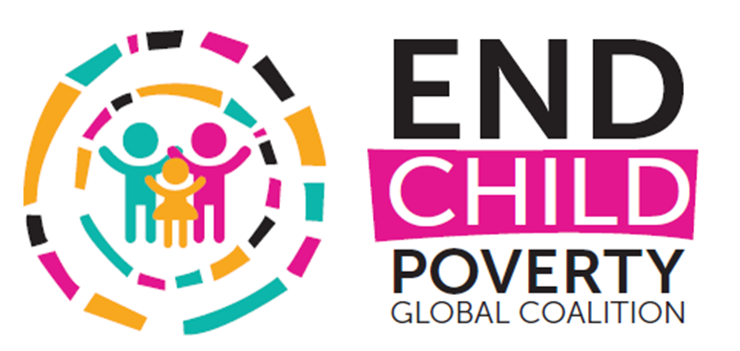by Dr. Agata D'Addato, Senior Policy Coordinator, Eurochild
Drawing on the experience of over 20 organisations working together in the Global Coalition to End Child Poverty, partners will meet in Brighton this week to promote a dynamic, real-time discourse on the generation of knowledge about children. Ahead of the meeting, Agata D’Addato from Eurochild, reflects here on the role of a civil society network in building a bridge between policy, practice and research and looks at some key advocacy achievements on children’s rights.
As we strive to put children at the heart of policy making, we have achieved some key results, successfully advocating for the European Commission to adopt the Recommendation on Investing in Children: Breaking the cycle of disadvantage as part of the Social Investment Package in 2013. This policy guidance is being used by national governments in Europe to influence policy reform and the way the EU’s structural and investment funds are used.
Eurochild’s advocacy also contributed to explicit requirements to prioritise the transition from institutional to community-based care in the regulations governing the EU structural and investment funds. This means that EU money cannot be used to build child protection systems that are against the UN guidelines for the alternative care of children!
In December 2014, a cross-party group on children’s rights for the current European parliamentary term was established. While bringing greater visibility to children’s rights, the creation of this informal structure means that a group of Members of the European Parliament act as ambassadors for children’s rights and well-being at the highest levels over their entire tenure and can potentially help mainstream the rights of children in all aspects of the work of the Parliament.
As a result of the advocacy efforts of child rights networks, including Eurochild, this year the UNCRC Committee has adopted a General Comment on public budgeting for the realization of children’s rights, which added much needed political weight to the existing EU Recommendation on Investing in Children.
To inform policy, challenge assumptions, guide action and translate policy guidance, principles and recommendations into reality we need specific evidence, concrete arguments and clear messages that appeal to policymakers and the general public.
As a key EU advocacy partner helping to shape EU policies and outcomes for children, Eurochild is uniquely positioned to understand and respond to research questions on the ground, and to feed research into policy and practice – through its broad and diverse membership in 33 European countries, which include practitioners but also children and young people groups, 18 child rights national or sub-national umbrella organisations with influencing capacity, researchers and public \ statutory bodies.
Working in partnership is absolutely crucial to generate new understandings, capabilities and practice that can mobilise public support and create political momentum for driving positive change for children and their families.
Eurochild contributes to bridging research, policy and practice and helps make research more relevant to practitioners and useful to actually improve the lives of children and young people on the ground. Research needs to be framed in reality and the actual lived experience of children and young people; it needs to be based on practice and on what child rights activists can use to influence policy. We need more efforts to employ research findings in shaping policies and services and ultimately improve people’s quality of life and well-being.
Knowledge and evidence are vital to equip the wider global community to deliver results for children, inform evidence-based policy and practice, and ensure effective monitoring of the implementation of policies for children and young people.
Drawing on the experience of over 20 research, advocacy and programmes organisations working together in the Global Coalition to End Child Poverty, partners will meet in Brighton this week to reflect on the wider state of research on child poverty, the knowledge gaps that need to be investigated to feed into policy, and who the key actors are that need to be engaged. This partnership illustrates how a dynamic, real-time discourse on the generation of knowledge about children can help identify core building blocks which are important to reduce poverty and its impacts on children and to create opportunities for growing out of poverty for children today and future generations.
Eurochild is a European children’s rights network gathering more than 150 organisations from across Europe to fight for children’s rights and against child poverty. We influence policies, build internal capacities, facilitate mutual learning and exchange of practice and research. For more information visit: http://www.eurochild.org/

